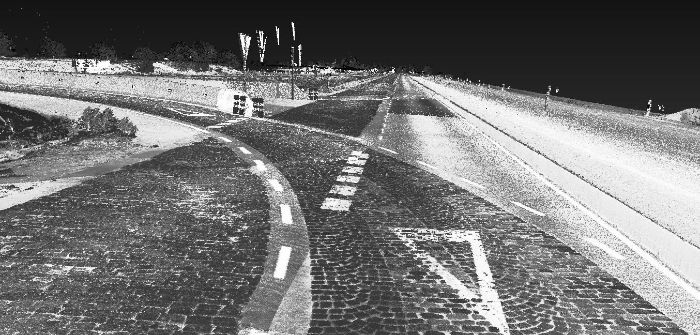rFpro is developing a highly accurate virtual model of Applus+ Idiada’s proving ground in Spain.
Chris Hoyle, technical director, rFpro, said, “Identical scenarios can be choreographed at the proving ground to validate simulation results, allowing customers to confidently progress to real-world trials. Our virtual model is a vital part of the road map for the development of CAVs at Applus+ Idiada within the regulatory framework.”
Javier Gutierrez, Applus+ Idiada project manager, chassis development vehicle dynamics, added, “The Applus+ Idiada facility already provides a safe environment for the controlled testing of autonomous functionality and a natural, ‘real world’ extension to customers’ software engineering processes.
“By investing in a digital model, we can also become an integrated part of our customers’ continuous software development toolchain, significantly reducing the development and validation time, and therefore the cost, of autonomous systems.”
Lighting is modeled accurately for Applus+ Idiada’s latitude and longitude, day of the year, time of day, atmospheric and weather conditions. This includes circumstances such as the transition between poorly-lit and well-lit roads, the effect of the sun low in the sky, or the approaching headlights of oncoming traffic, all of which can be particularly challenging for ADAS and autonomous vehicle sensors.
Unlike other virtual models, rFpro uses exceptionally high quality, realistic rendering, up to HDR-32, which is essential for the training, testing and validation of deep-learning based ADAS and autonomous systems, as Hoyle explained: “The resolution and dynamic range of camera sensors are increasing every year, so it is important to be able to render high resolution HDR32 video in real time. Our system is also unique in avoiding the patterns and video artefacts that arise in synthetic simulation tools, which would otherwise impair deep learning training performance.”


